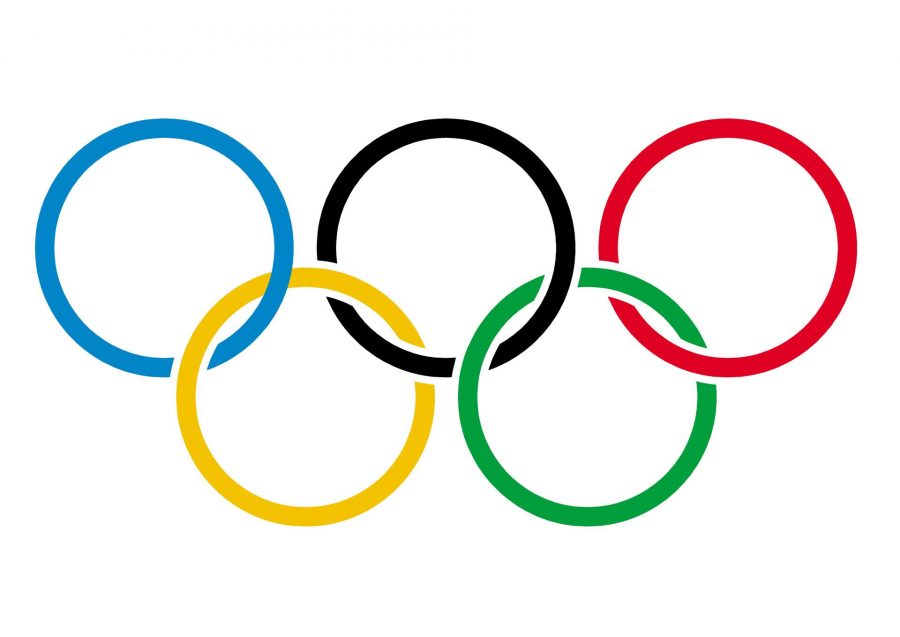Co-authored by Sara Entezar
Gabby Douglas. Ashton Eaton. Usain Bolt. These are just some of the Olympians who rose to fame by dominating in their sport. But over the past few weeks, the athletes’ sports weren’t the only reason as to why their names are all over the internet. Type in Gabby Douglas and immediately headlines of her controversial pledge of allegiance pop up. Shocking? Maybe. Worth being trending and focused on for weeks? Definitely not.
“I think people were overreacting, honestly,” senior Sarah Teklu said. “I think they were making it personal… They’re freaking out like, ‘Oh she’s not patriotic, she didn’t put her hand over her heart,’ and it was…not that big of a deal.”
Incidents like this are issues in the coverage of the Olympic Games. As soon as an athlete does something that seems to be even vaguely related to anything sexist, racist or anti-patriotic, the media goes crazy—pinning accusations against them until the athletes are obliged to make a public comment or apology.
The media’s unnecessary focus on examples include Eaton wearing a Canada cap and Ellen Degeneres’ photoshopped photo of her on Bolt’s back.The result of focusing on these little things draws people’s attention away from more important and actually controversial things, like Ryan Lochte and the U.S. swim team’s allegedly false robbery incident, or the dramatic economic and environmental changes Brazilian residents had to face.
Rarely has social media brought justice and importance to these relevant events. Like when Islam El Shehaby refused to shake Or Sasson’s hand after a judo match, or when online articles, including the local San Jose Mercury News, produced headlines that made it sound like some athletes were superior to others. For events like those, the media has pulled through. But the amount of attention that goes into those events are similar to the events of Douglas and Eaton. To be honest, the mistake of forgetting to put a hand over a heart is not the same as the mistake of forgetting an athlete’s name in a headline.
Sophomore Reema Apte notices the difference between the types of reporting that make media attention appropriate or not.
“There’s a difference between reporting something from an unbiased perspective and taking a stance against a particular group.”Apte said
Athletic director Nick Bonacorsi believes the power of the media can go either way. For example, Bonacorsi agrees with the ongoing coverage of Lochte’s alleged lies about being robbed, but was less impressed by the reaction to tweets like those of Ellen Degeneres.
“My initial reaction was, ‘It was a speed thing,’” Bonacorsi said. “But I could also see how people could interpret it differently. It was potentially poor taste, but I don’t think I naturally would [have] made that jump [in assuming it’s about race].”
The discussions, comments and posts about these controversial incidents have gotten out of hand. Whether a comment or act is intentionally offensive or not, how the media chooses to interpret these circumstances can be rather unexpected. It’s sometimes hard to tell when a joke is meant to be funny, and when a comment is meant to be offensive. Media can make the difference between a nation’s friend or foe. It can start a person’s career and end it. Both members of the media and consumers who like, favorite, share or retweet items should think about whether the issue is worth perpetuating a discussion about.








